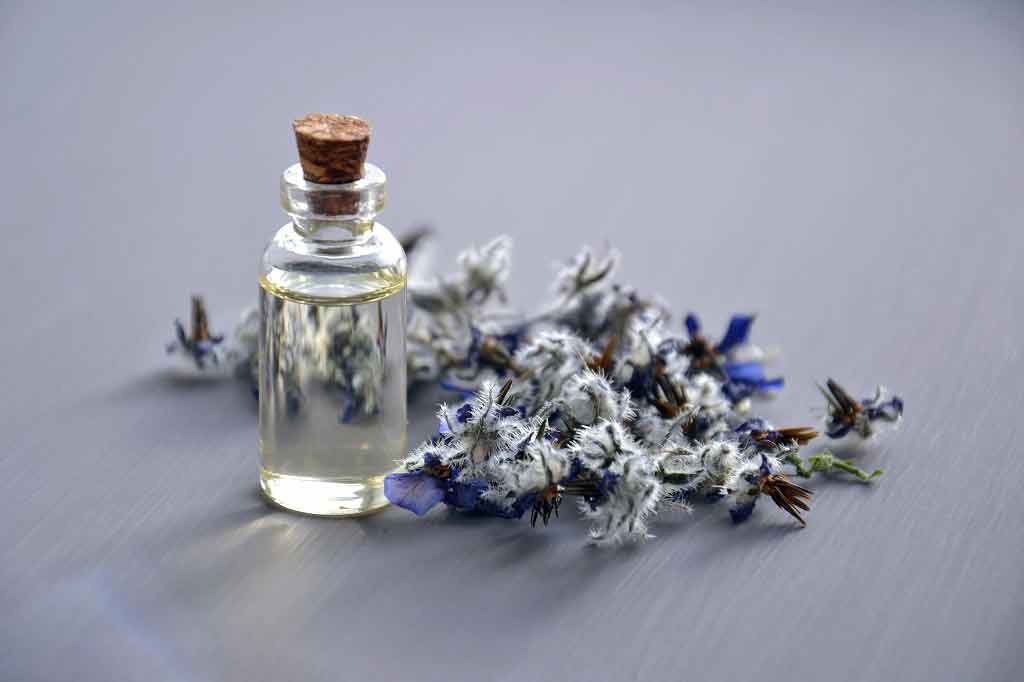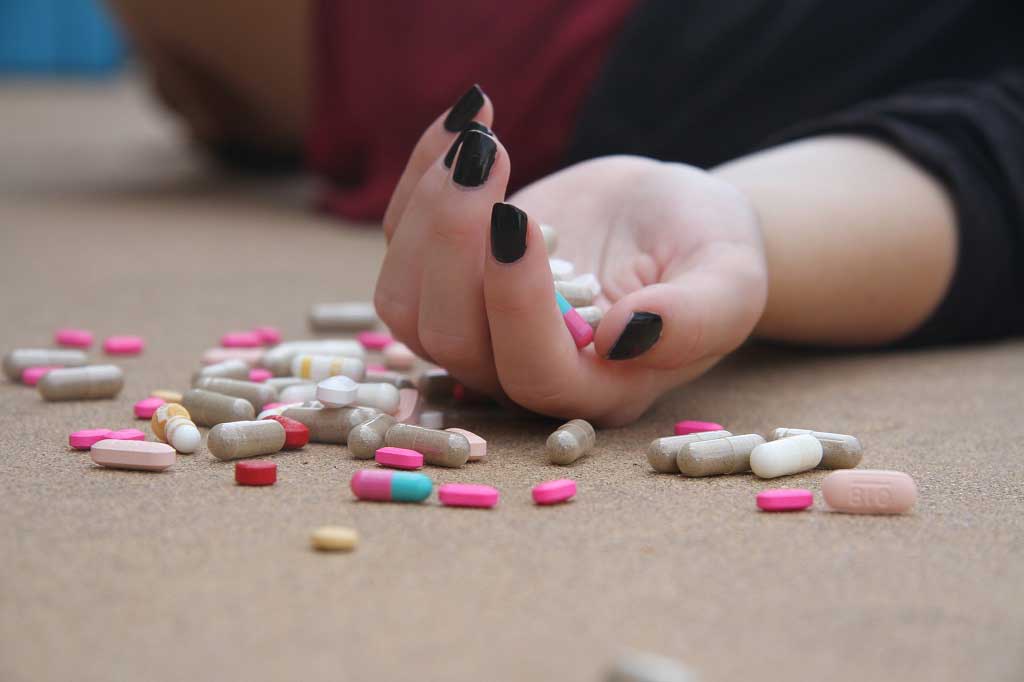Alcoholic Anony-mouse
Mental health
“Carry on boozing!” is the headline in the Daily Star today. This and other newspapers describe a piece of animal research which suggests quitting even moderate
“Carry on boozing!” is the headline in the Daily Star today. This and other newspapers describe a piece of animal research which suggests quitting even moderate levels of booze could be bad for your mental health. “It’s the news we’ve all been waiting for”, the Daily Express says.
The basis for this somewhat surprising conclusion is also described by the newspaper. Mice were tested for depression-like behaviour using the Porsolt Swim Test, in which they were placed inside a beaker filled with water and allowed to swim for six minutes. Mice usually manage this easily, however some stop swimming, and the longer a mouse spends floating, the more “depressed” it is thought to be.
The relevance of this research to humans is not yet clear, and in view of the significant harms that alcohol can do to the lives of individuals and to society, a more cautious and serious interpretation of this animal study is advisable.
Where did the story come from?
Ms Jennie R Stevenson, a neurobiology graduate student from the Department of Psychiatry in the University of North Carolina, and colleagues from the Bowles Center for Alcohol Studies in North Carolina, United States carried out this research. The study was supported by grants from the National Institute on Alcohol Abuse and Alcoholism, and the Bowles Center for Alcohol Studies. It was published in the peer-reviewed medical journal: Neuropsychopharmacology .
What kind of scientific study was this?
This was an experimental animal study in which the researchers describe an animal model of alcohol withdrawal (abstinence), which allowed them to test mice behaviours linked to depression. They also investigated the effect of antidepressants in mice that had voluntarily drank alcohol for 28 days and, using a microscope, they examined parts of the brain linked to alcoholism/depression.
The researchers selected nine-week-old male mice known by the numbers C57BL/6J. The mice were weighed and handled daily for seven days so that they became accustomed to their cages and the laboratory. There were two parts to the study. In the first part, 36 animals were randomly assigned to one of three groups. All were given two bottles allowing them a free choice of alcohol or water for 28 days, and they had all been injected with a marker that stains developing nerve cells. The behaviour of one group of 12 mice was tested after one day of abstinence, and a second group of 12 was tested after 14 days. The remaining mice in a third, control group were given water only in their bottles and were tested after 14 days.
The second set of experiments aimed to test for differences in behaviour if, during the abstinent phase, mice were given the antidepressant drug, desipramine. There were four groups of twelve mice for this part of the study; an alcohol-drinking group that was given the drug by injection during 14 days of abstinence, an alcohol-drinking group that was given an inert injection of salt water, and two similar groups of 12 non-drinking mice that was either given the antidepressant or inert injections. All mice had behavioural tests following their 14 days abstinence and then 24 hours later they were killed so that their brains could be examined under the microscope.
The behavioural tests consisted of tests for anxiety-like and depression-like behaviour. The researchers recorded the time the mice spent in the centre of a brightly lit, 28cm wide chamber compared with the time spent in the darker peripheral areas, and this was used as a measure of anxiety-like behaviour. To measure depression-like behaviour, they used the forced-swim test (Porsolt test). In this, the mice were placed in a two-litre beaker containing temperature-controlled water for six minutes. Behaviour was videotaped and later analysed by two researchers who did not know which treatment groups the mice came from. Mice can usually manage six minutes of swimming, so the duration of immobility during the last four minutes of the test can be used as an index of depression-like behaviour.
The brains of all the mice were examined to look for a particular type of stem cell that can develop into neurons and other nervous system cells within the brain – neural progenitor cells (NPC). The region they looked at – “the dentate gyrus in the hippocampus” – is one of the few regions of the adult brain where neurons are known to develop (neurogenesis), and this area has been shown to have a role in stress and depression. It is well known that some antidepressants increase neurogenesis in this part of the brain.
What were the results of the study?
The researchers report three findings.
- After 14 days (but not after one day) of abstinence, the mice showed a significant increase in depression-like behaviour.
- This increase in depression-like behaviour was associated with a reduction in some of the proteins found in the dentate gyrus of the hippocampus, indicating that both the number of proliferating neural progenitor cells (NPC) and immature neurons were reduced. At the start of the experiment, the researchers labelled the NPCs; there was no difference between the groups in the number of these original neurons. This indicates that it was not simply the survival of NPCs that was linked to abstinence-induced depression.
- 14 days of treatment with the antidepressant drug, desipramine, during abstinence “prevented both the emergence of depression-like behaviour and the reduction in hippocampal neurogenesis”.
What interpretations did the researchers draw from these results?
The researchers conclude that abstinence-induced depression is linked to structural changes in part of the brain (hippocampus). They go on to suggest that this study supports the conclusion that behavioural and structural changes occur during abstinence from alcohol use, and that antidepressant treatment may alleviate some of these changes.
What does the NHS Knowledge Service make of this study?
The researchers do discuss the context of this study and the implications for humans in some depth, commenting that both alcoholism and depression commonly occur together. They also say that, importantly, there is some evidence from human clinical studies to support the idea that the type of depression occurring during abstinence may increase the chance of a relapse into drinking for people who have managed to stop drinking when compared with those who had pre-existing depression.
- This study appears to be reliable, and the researchers have included several experimental groups allowing them to compare the different effects attributable to the length of alcohol abstinence and the effects of antidepressants.
- As with all early pre-clinical studies that aim to develop animal models of human diseases, it is important to see these studies as the testing ground for new theories. Once these theories are confirmed in other studies they can be tested in humans.
This experiment seems more relevant to finding new treatments or explanations for depression occurring in those recovering from alcoholism. It doesn’t provide justification for suggestions that drinking is healthy.






 Subscribe
Subscribe Ask the doctor
Ask the doctor Rate this article
Rate this article Find products
Find products





